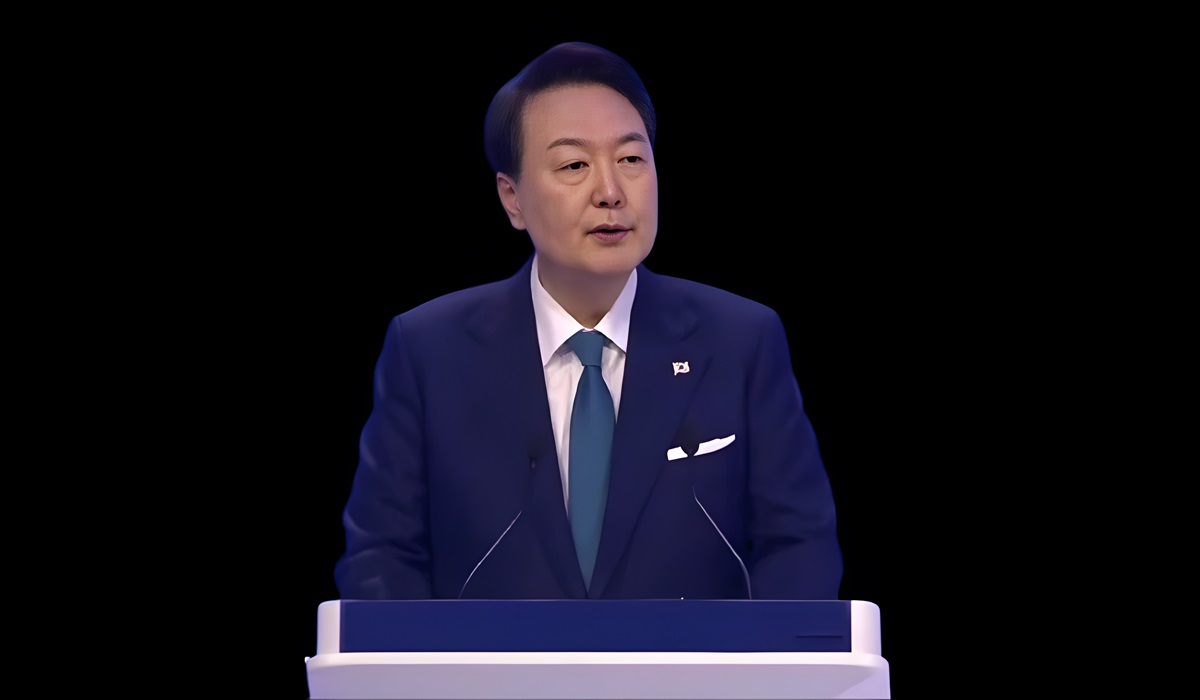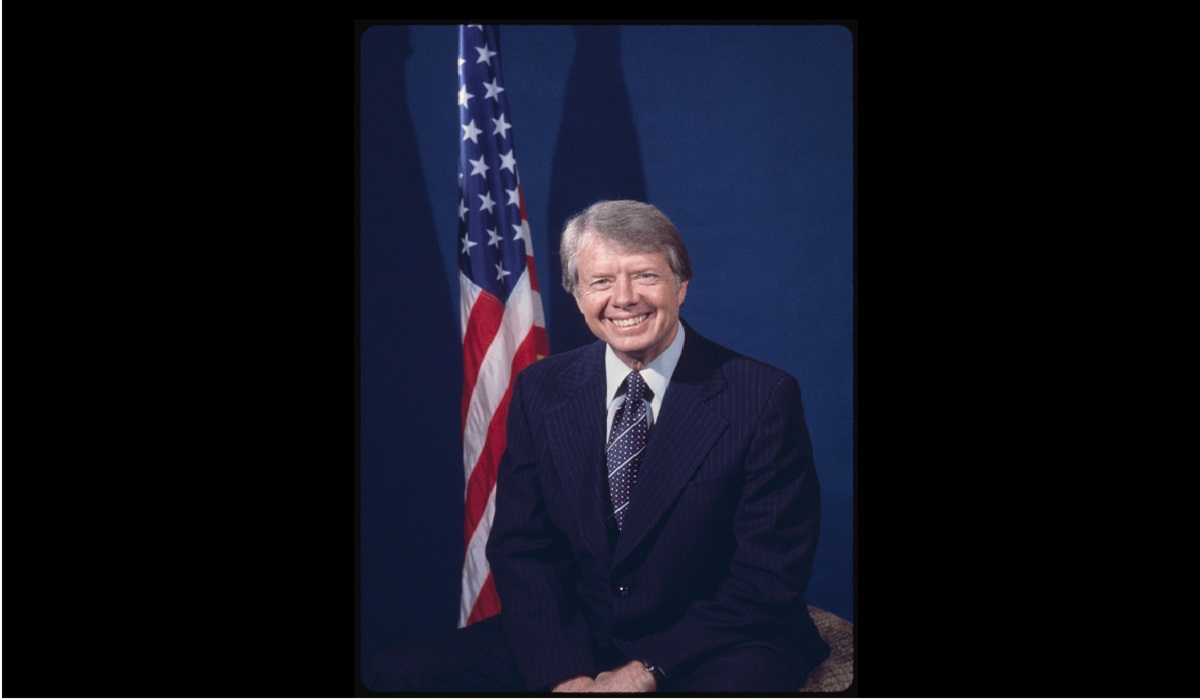Silent Representatives: The Growing Trend of Elected Officials Ghosting Constituents
- TDS News
- Breaking News
- September 4, 2023

The problem of being ghosted or blocked by elected public servants outside of election season has become a growing concern, particularly on social media. Public servants frequently opt for selective or no engagement, which leaves their constituents feeling ignored and unheard despite their increasing reliance on them for assistance and answers.
The situation is not about addressing those who send hateful or offensive comments, as ignoring such behavior is understandable and justified. Instead, the focus here lies in the troubling fact that when it’s not an election season, many candidates or incumbents seem to halt their communication efforts. They may have filled your mailbox with vote for me literature, inundated your phone with robocalls, and sent you countless emails during their campaign. But, once they’re in office, the communication seems to dwindle.
One glaring example of this disconnect can be found on Twitter, where members from all levels of government or their spokespersons often fail to respond to inquiries from their constituents. This pattern is disappointing and disheartening, as it creates one-sided communication where elected officials feel entitled to share their opinions and statements while disregarding the input and questions from their constituents.
We acknowledge that politicians have extensive followings, and it’s unrealistic to expect them to respond to every tweet or comment they receive. However, what’s missing is the willingness to engage in meaningful dialogue. What happened to office hours, where those who hold office would dedicate time to answering questions and engaging with constituents? This kind of engagement is vital for a healthy democracy and how social media platforms thrive—through interaction.
A simple experiment is to try tweeting at your local or federal representative; chances are, you might not receive a response. They often remain in their insulated circles of blue and gray check marks, primarily retweeting their colleagues and fellow politicians. This raises a crucial question: What’s the purpose of having a Twitter account or social media presence if you’re unwilling to engage with the people you serve?
Our political representatives need to understand that communication is a two-way street. They cannot just approach the electorate when they need votes or financial support. They were elected to serve their constituents for a set term, typically four years, which implies an ongoing commitment to communication.
If they can’t manage something as fundamental as responding to inquiries or engaging with their constituents on social media, perhaps it’s time for the tables to turn. They must realize that being ghosted by those who put them in office is a valid concern. The emphasis should be on nurturing a consistent and meaningful two-way dialogue that fosters trust, transparency, and genuine representation in our democratic process. After all, communication is at the heart of democracy, and it should be more than just a one-way broadcast.








